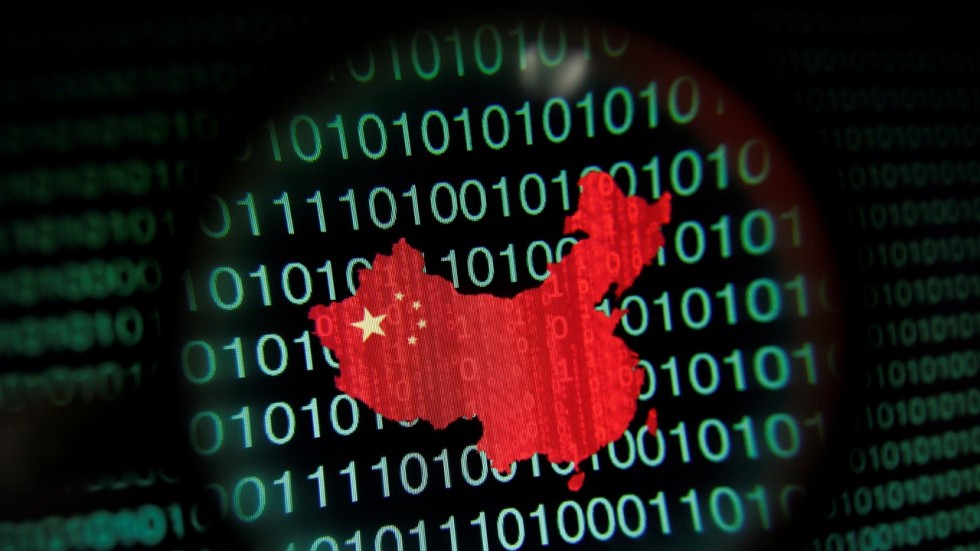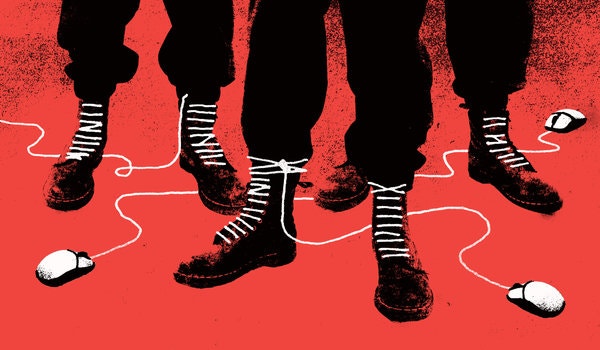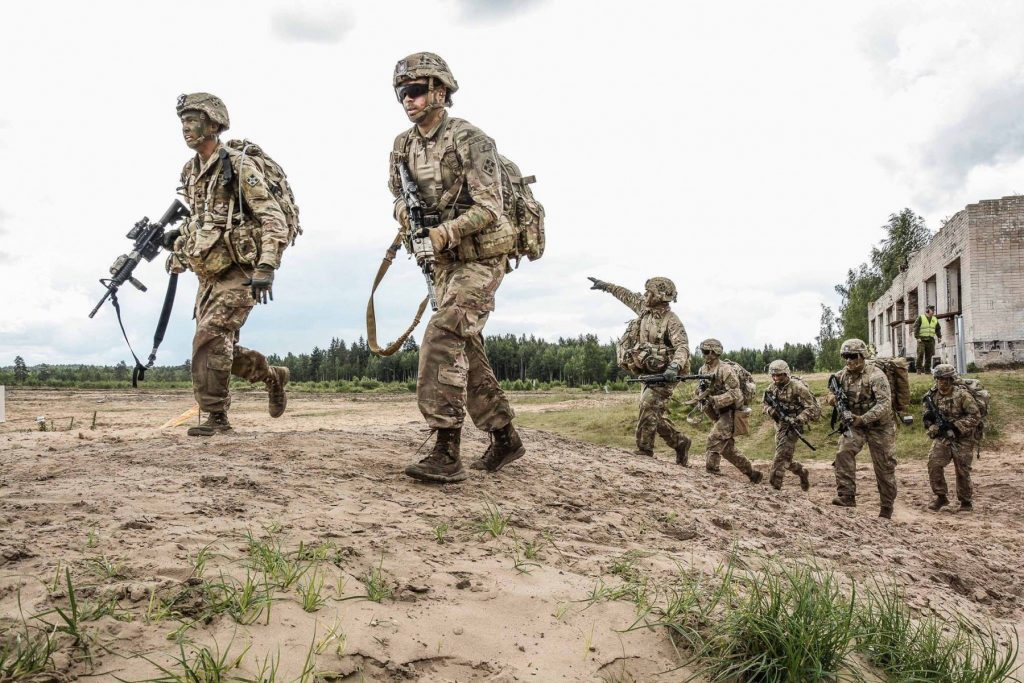By Nandita Palrecha and Monish Tourangbam
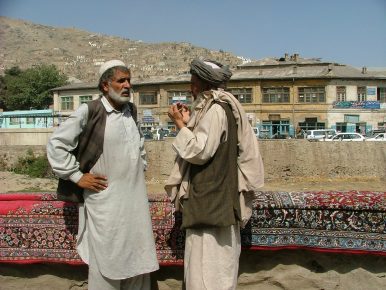 Afghanistan has been a prime example of India’s aid and assistance programs. India’s contribution to Afghanistan’s civilian reconstruction efforts has been seen as one of the major factors leading to the famed goodwill for India among the Afghans. However, there has been a lack of critical and sober assessment of the tangible impact of Indian aid with respect to the priorities of security and development in Afghanistan. After more than 17 years of foreign security presence and multinational efforts to bring the war-torn country back to its feet and the evolving political space that requires talking to the Taliban while also fighting with them, Afghanistan is at crossroads. Amid such dynamic changes and continuities, the nature of India’s aid and assistance needs to undergo an assessment not only in terms of what India can offer but also in terms of what Afghanistan needs.
Afghanistan has been a prime example of India’s aid and assistance programs. India’s contribution to Afghanistan’s civilian reconstruction efforts has been seen as one of the major factors leading to the famed goodwill for India among the Afghans. However, there has been a lack of critical and sober assessment of the tangible impact of Indian aid with respect to the priorities of security and development in Afghanistan. After more than 17 years of foreign security presence and multinational efforts to bring the war-torn country back to its feet and the evolving political space that requires talking to the Taliban while also fighting with them, Afghanistan is at crossroads. Amid such dynamic changes and continuities, the nature of India’s aid and assistance needs to undergo an assessment not only in terms of what India can offer but also in terms of what Afghanistan needs.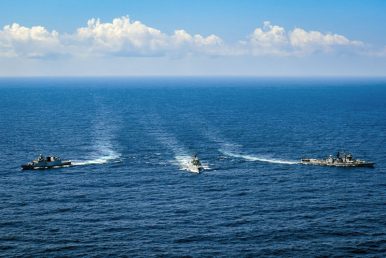
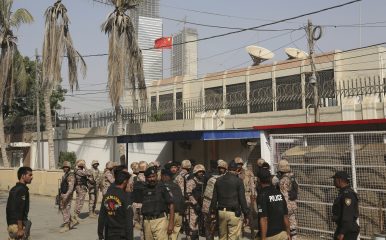
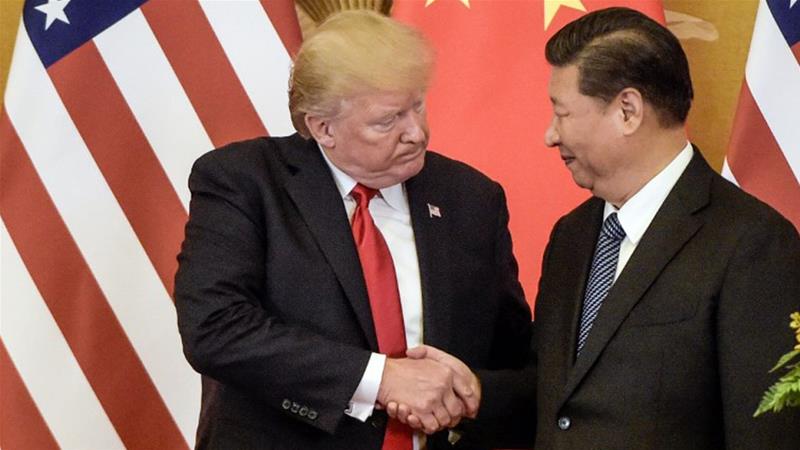

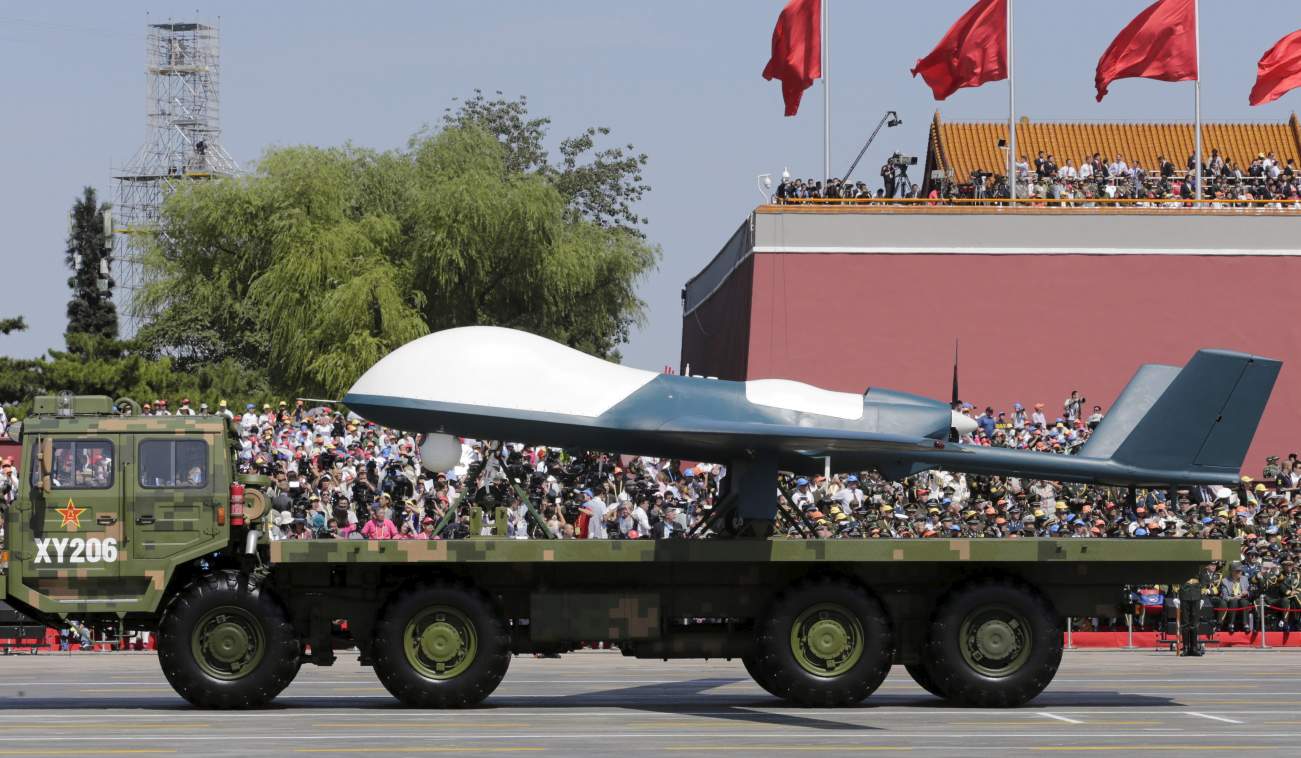
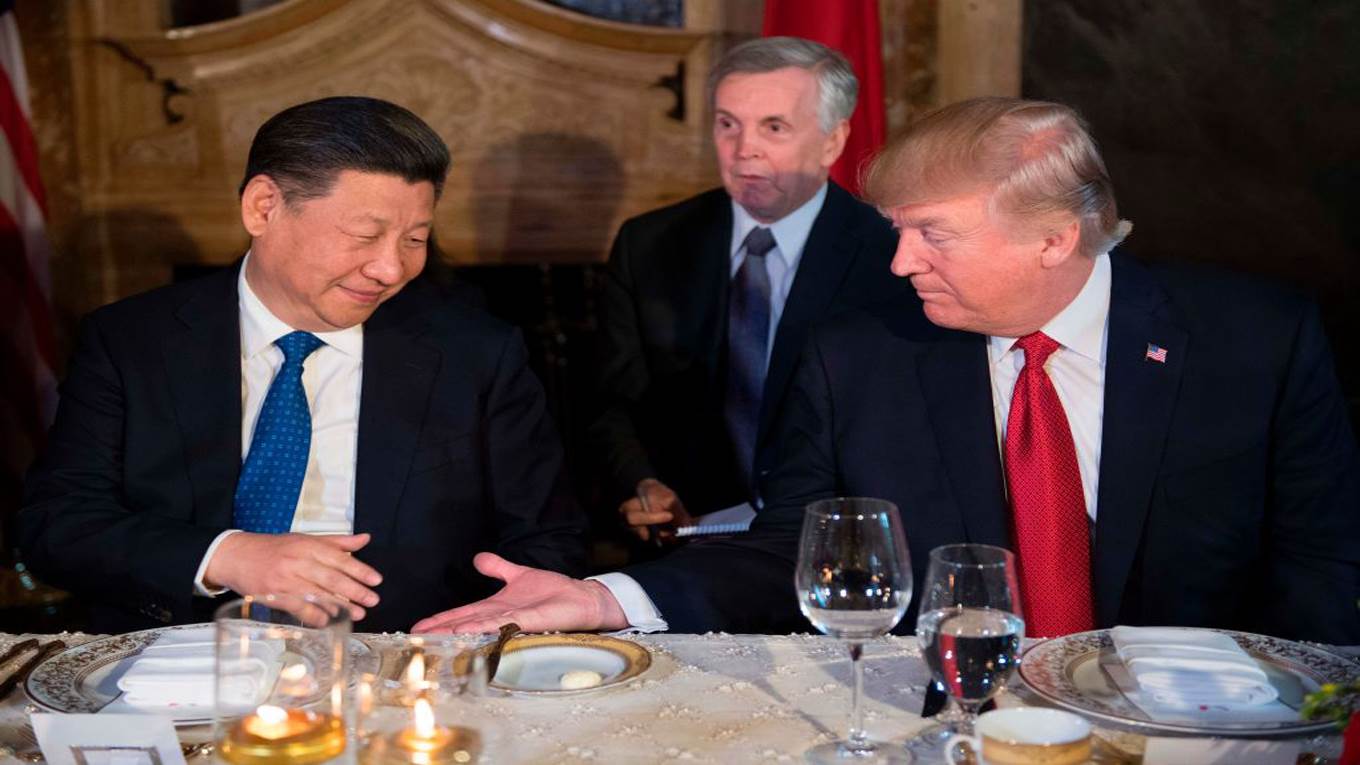
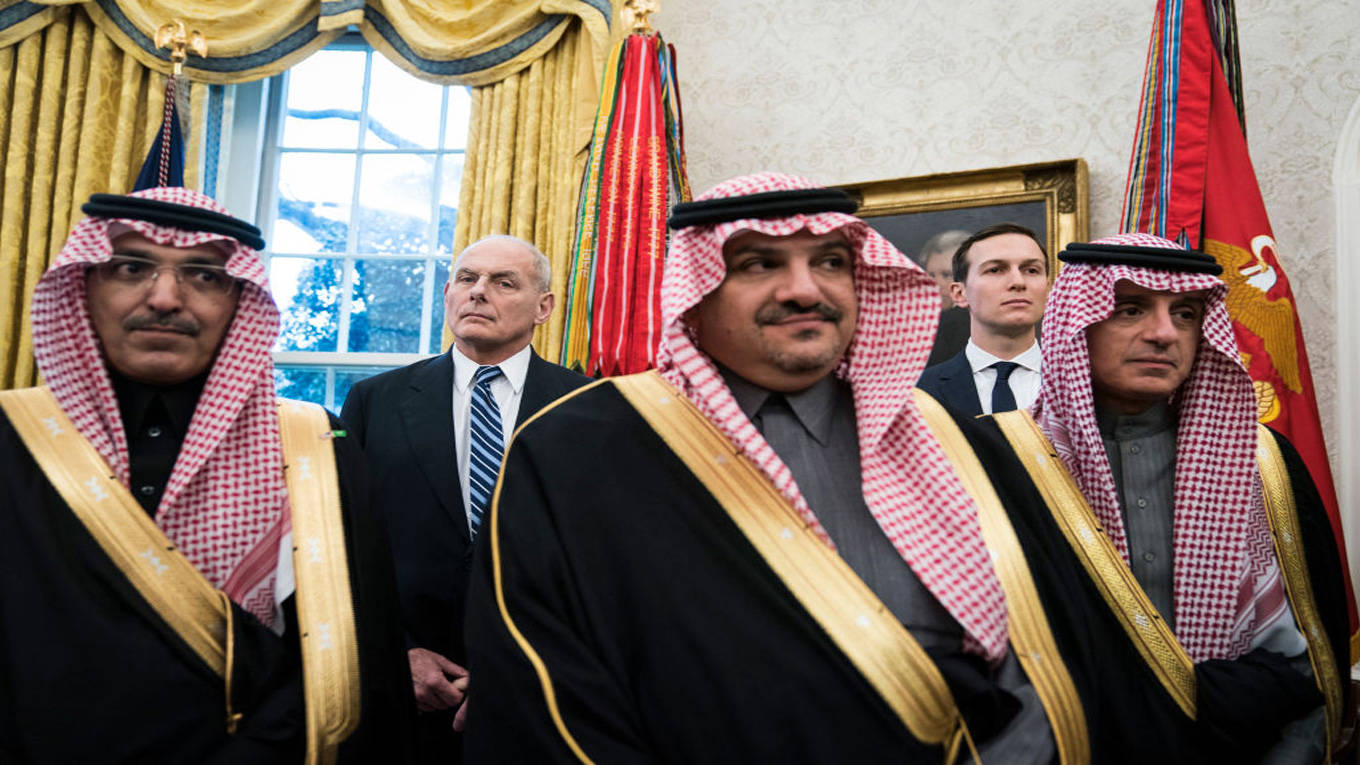


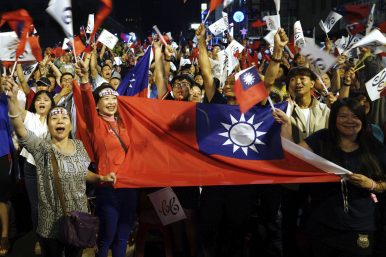
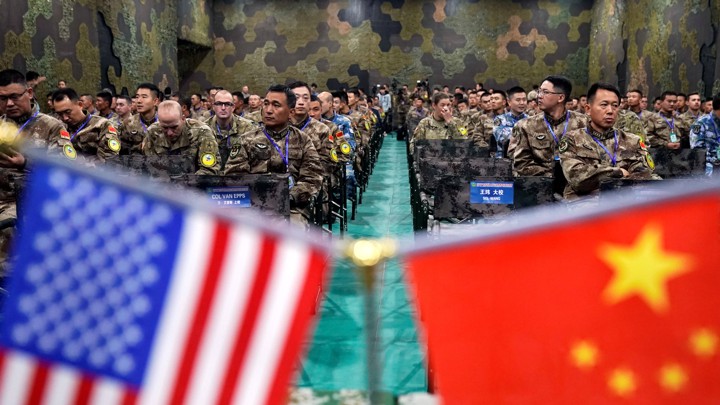


/arc-anglerfish-arc2-prod-mco.s3.amazonaws.com/public/KTBHZYFK4RHFPM2TQ2VQGJJM4U.jpg)


